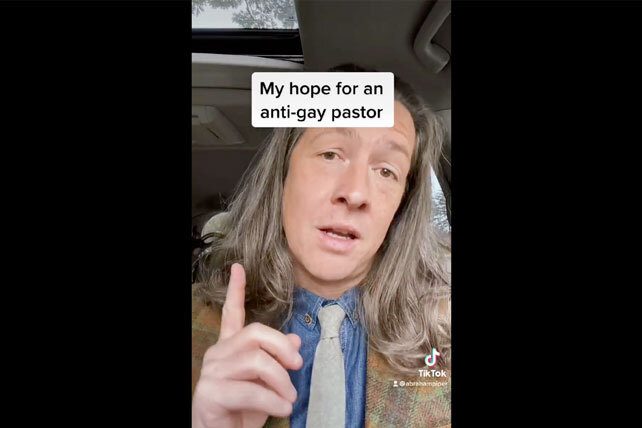Human beings naturally play “Hide and Go Seek” with God. This is what Adam and Eve did after they sinned, and God came walking in the Garden; this is what human beings still do. I know there are those who exclaim, “They found God.” But, in my understanding of Scripture, that simply isn’t theologically correct. God wasn’t and isn’t lost, humans are. Sinful, flawed, and broken humans need to be found. This was true in Genesis 3 when God sought out Adam and Eve after they sinned; this is true today.
In Acts 16, Luke records Paul’s missionary journey in the city of Philippi. Paul’s ministry and mission to Philippi serves as a way of framing three different kinds of people who are in hiding and thus who need to be found. This framework will hopefully be helpful for us today as we seek the lost in our communities and cities.
Lydia—Some People Are Ready to Be Found
Paul’s major missional strategy, when entering a city, was to find the local synagogue. Why would he start with the synagogue? The synagogue contained low-hanging fruit. Low-hanging fruit are those who have pretty much the same worldview as believers, but who are missing the gospel.
The synagogue contained Jews as well as some Gentile God-fearers (or proselytes) who believed the Hebrew Scriptures (known today as the Old Testament and who were waiting on the promised Messiah.
Philippi, however, had no synagogue. It is possible that there were very few Jewish men in the city given that it took at least ten Jewish men to start a synagogue. While there wasn’t a synagogue, there was a group of God-fearing women who met [in a van] down by the river. While exploring the city, Paul found out about this group of women and planned to meet with them the following Sabbath.
During this meeting, Paul spoke and dialogued with the women. One woman in particular, Lydia, who was a wealthy businesswoman and a worshipper of God, had her heart “opened” by the Lord as Paul was speaking to the group. Both Lydia and her household came to faith in Christ and were baptized.
Although Lydia was a God-fearer who believed in the authority of the Hebrew Scriptures, she was still lost—still in hiding. However, it seems that God had been bringing her slowly out of hiding as she could have been labeled a “seeker.” As such, I will label her a hider who was ready to be found.
Today, there are people like Lydia—they are lost yet ready to be found. But where are these people located? Truthfully, many of them are located in churches (and bible studies) across the world. I know that this may be a sobering thought: not everyone who attends church has experienced conversion. They may know the Bible, say their prayers, and strive to be moral, but they have never confessed their sin and professed their faith in Jesus as Savior and King. Such a sobering reality reminds pastors and church leaders that gospel proclamation must be a priority in preaching and teaching, as there may be those who are ready to be found.
Slave Girl—Some People Need to Be Freed to Be Found
As Paul ministers in the city of Philippi, mainly spending time with the prayer group down by the river, there’s a slave girl possessed by a spirit of divination who brought her masters much profit through fortune telling (Acts 16:16). This girl followed Paul and the team around constantly crying out, “These men are the servants of the Most Hight God, who proclaim to us the way of salvation.”
Paul seemed to be extremely patient with this girl at first. However, it seems that it became irritative and disruptive to his ministry so much so that he became greatly annoyed and casted the demon out of her by saying, “I command you in the name of Jesus Christ to come out of her!”





















